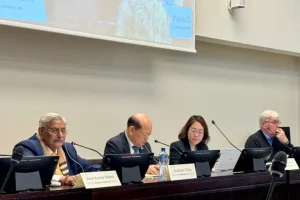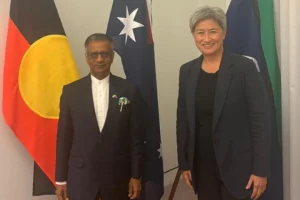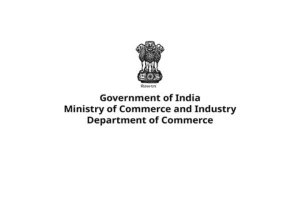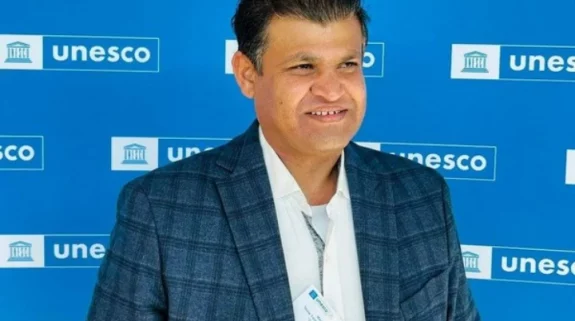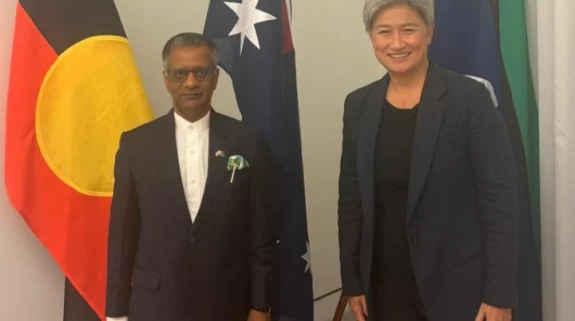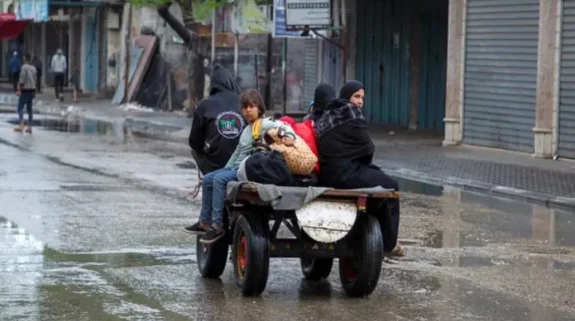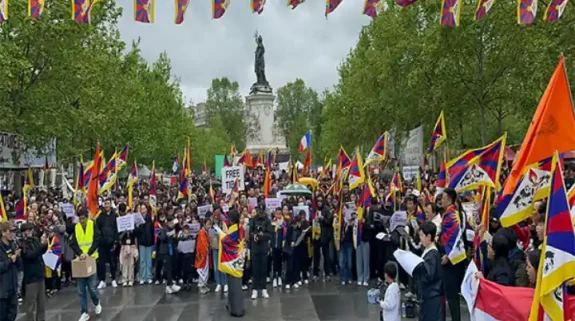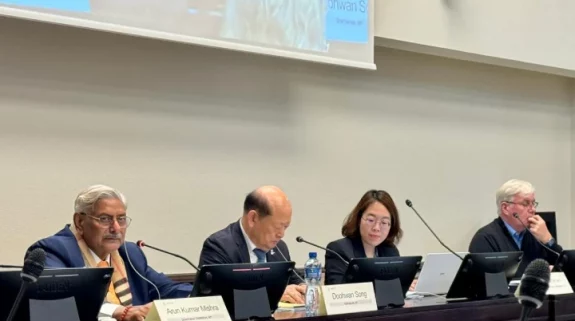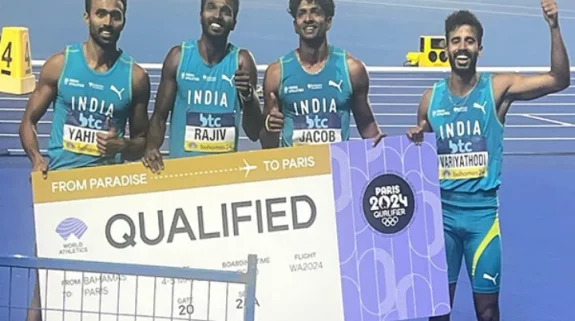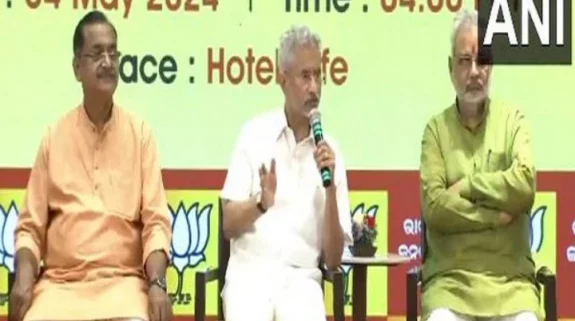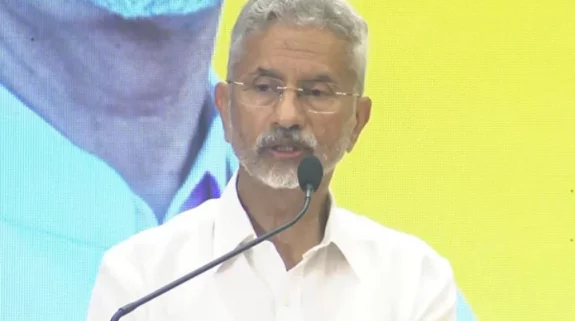Those who cannot remember the past are condemned to repeat it: this famous quote by the Spanish-American philosopher George Santayana has been used so many times that it sounds clichéd. But clichés are truths which, despite their overuse, tend to get ignored. India’s China policy exemplifies this reality, for we refuse to remember the past, let alone learn lessons from it. We continue to humor ourselves that we can engage China using the civilized means of trade and dialogue, whereas the fact is that the dragon, a hybrid of jingoism and communism, is a ferocious beast that can neither be tamed nor appeased.
Jawaharlal Nehru, loitering in the socialist dreamscape of his own making, was gulled into believing that communist nations—which, in his scheme of things, were the paragon of virtue—don’t attack other nations. His alter ego, the then defence minister V.K. Krishna Menon, was the first prime minister’s strolling partner in the dreamscape. They were so enamored with the beauty of their fantasyland that they didn’t allow any invasion of the reality. That is, till the reality became so overpowering that it could not be ignored; and when it did happen, the fantasyland was reduced to rubble, leaving behind a disgraced minister and a shattered prime minister.
<strong>Read also | <a href="https://indianarrative.com/india/time-for-india-to-rethink-its-one-china-policy-3157.html" target="_blank" rel="noopener noreferrer">Time for India to rethink its One China Policy</a></strong>
That was then, in 1962, in the wake of the India-China War that humiliated and hurt us. Such was the hurt that its scars remain visible till date. Governments have changed since then, but not the dogmas and shibboleths that guided our foreign policy in Nehru’s India. For non-alignment, essence of Nehru’s foreign policy, has not been discarded.
In 2016, Prime Minister Narendra Modi had said in an interview to Wall Street Journal, “There is no reason to change India’s non-alignment policy that is a legacy and has been in place.” This was in response to a query about China’s increasing assertiveness. The interviewer had asked, “The US is very keen on India, the rising power that India is, to be part of, if not an alliance, then at least a grouping that can stand up to some extent to China. Where do you see India taking a position on the global stage?”
<strong>Read also | <a href="https://indianarrative.com/opinion/india-better-prepared-against-china-in-2020-than-1962-18006.html" target="_blank" rel="noopener noreferrer">India is better prepared against China in 2020 than it was in 1962</a></strong>
Modi didn’t seem a threat from China. “We don’t have any fighting with China today. We have a boundary dispute, but there is no tension or clashes. People-to-people contacts have increased. Trade has increased. Chinese investment in India has gone up. India’s investment in China has grown. Despite the border dispute, there haven’t been any clashes. Not one bullet has been fired in 30 years. So the general impression that exists, that’s not the reality.”
In essence, the Prime Minister was enunciating the essence of China policy that foreign policy mandarins—dinosaurs of the Nehruvian vintage—had crafted. The postulates and premises of this policy have remained the same since Independence: the West in general and America in particular are capitalist and imperialist or neo-imperialist; therefore, any alliance with them will be tantamount to a nexus with the evil capitalists and imperialists. It is another matter that the West represents the universal values of humanity, liberty, fairness, and progress, whereas the ideologies opposing it—whether of Islamism, socialism, or communism—represent all that is inhuman, illiberal, unfair, and regressive.
Ideas rule the world; since the ideas governing our China policy are rotten, we are regularly bewildered and betrayed. More than the upgrade of our military, transformation of the ruling ideas is needed..






